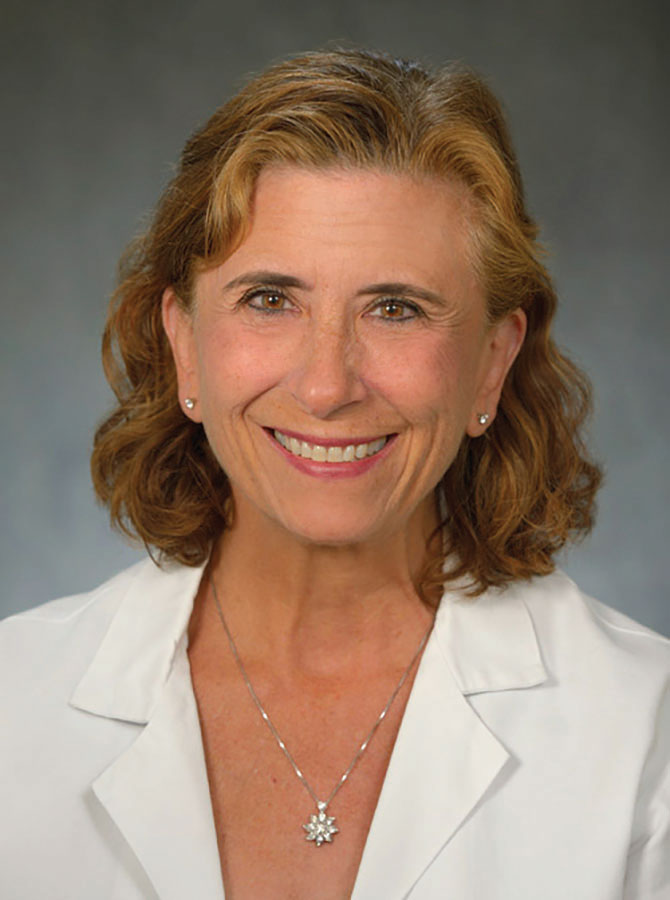
Since the National Academies of Medicine (formerly the Institute of Medicine) issued Cancer Patient to Cancer Survivor: Lost in Transition in 2005, the oncology field has made small strides to implement successful survivorship resources to support patients after their treatment. Because of the vast differences in patient populations, disease types, study locations, and institutional resources, best practices to support patients transitioning from treatment to survivorship care are often unclear. This poses an issue for providers, and patients hear mixed messaging or little information for follow-up care. With many patients receiving treatment in outpatient settings, ambulatory oncology nurses must understand how to provide support for patients during their transition.
Care teams often face uncertainty about who will take the lead in coordinating survivorship and follow-up care for patients. The literature has largely supported oncology advanced practice providers (APPs) as the healthcare professional who should be involved in follow-up care. However, much of the available data still speaks to the difference between oncologists and primary care providers for supporting patients into survivorship. Primary care providers—for the most part—are not fully equipped to support cancer survivors for any complex oncology issues, and oncologists may not be able to provide the necessary follow-up care for patients among their day-to-day duties. Patients are best served by providers who recognize issues specific to patients with cancer and have the scope of practice to follow them from diagnosis through treatment and into survivorship.
Organizations including the National Cancer Policy Forum and the American Society of Clinical Oncology have released literature that support APPs leading the charge for cancer survivorship care. Some outpatient APP-led survivorship clinics have shown positive results for connecting patients with necessary resources and follow-up care during their transition to survivorship.
However, survivorship challenges are multifaceted and often complicated by a lack of institutional resources, financial support, and administrative buy-in. Despite being mandated by external organizations, survivorship support is not often a priority at many institutions, and studies must illustrate the value and need for resources for patients and their healthcare professionals. New research efforts should focus on APPs’ evolving role in follow-up care and outline their value when providing survivorship care to patients.
To better understand the impact of APPs on survivorship care, nurse researchers should look to develop studies that investigate the outcomes of nurse-led programs, looking at the impact through a clinical as well as financial perspective. Understanding financial outcomes may help institutions commit resources and embrace APPs providing follow-up care.
Despite the small strides in survivorship care to date, it will be a pressing issue for years to come. With more patients living with and beyond their diagnoses, standardized survivorship care is paramount to successful patient outcomes. The important role of APPs in survivorship care is just one of many ways nurses will be at the forefront of excellence in oncology, and it provides a critical opportunity for nurses to impact patient-centered care. The need for the data is there, and it must come from nursing.






